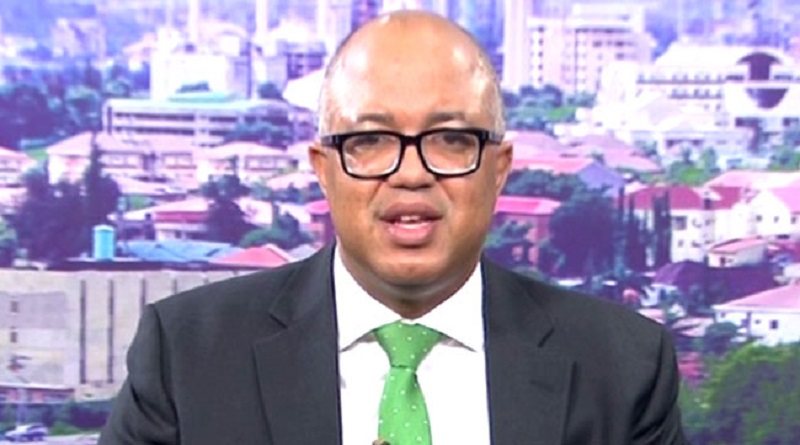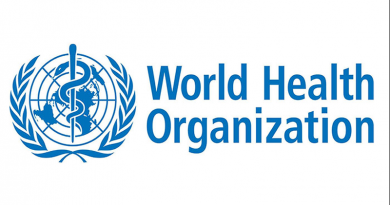NCDC declares emergency phase of 2020 Lassa fever outbreak over
The Nigeria Centre for Disease Control (NCDC) has declared the emergency phase of the 2020 Lassa fever outbreak over. This is following successive decline in cases below the emergency threshold, and an epidemiological review carried out by NCDC and the World Health Organisation (WHO).
On the 24th of January 2020,NCDC declared a Lassa fever outbreak and activated a national Lassa fever Emergency Operations Centre (EOC). This was in response to an increase in Lassa fever cases at the beginning of the year, exceeding the threshold for an outbreak. Since the beginning of the outbreak, 979 confirmed cases including 188deaths have been recorded from 27 States including the Federal Capital Territory as at 19thof April 2020.
The Lassa fever case count has significantly declined in the last three weeks and has now dropped below levels considered to be a national emergency .In the last four months, the Nigeria Centre for Disease Control (NCDC) in collaboration with the Federal Ministry of Environment and Federal Ministry of Agriculture and RuralResponse have led Lassa fever response activities across the country. This was done in close collaboration with State Ministries of Health, and with support from partners coordinated by WHO.
Following lessons from the previous large outbreaks, our strategic response was based on five key priorities:1.Improved preparedness through training of health workers across the country and a nationwide communications campaign before the outbreak2.Early deployment of One-Health Rapid Response Teams to affected States and deployment of surge staff to treatment centres3.Establishment of new treatment centres and strengthening of existing treatment centres4.Distributionof medical, laboratory, treatment and infection prevention and control supplies to all states with confirmed cases 5.Implementation of Lassa fever Environmental response campaign in high burden states by the Federal Ministry of EnvironmentIt is important to highlight that this year, there was a decline in case fatality of Lassa fever, from 23% in 2019to 19% in 2020.
The NCDC also supported peer to peer training by creating exchange programmes between states, treatment centres and laboratories. Importantly, the NCDC and the major treatment centres at Irrua Specialist Teaching Hospital, Alex Ekwueme Federal Teaching Hospital Abakaliki and Federal Medical Centre Owo, have begun the process for a large epidemiological study in collaboration with WHO and CEPI. This epidemiological study being implemented in Nigeria and other West African countries, is expected to contribute to Lassa fever vaccine development.
Despitethe end of the emergency phase of this outbreak, the NCDC will continueto coordinate the nationalmultisectoral Lassa fever Technical Working Group(TWG). ThisTWG ensures continuous monitoring of cases, as well as strengthening of Lassa fever surveillance,diagnostic,treatment and other response activities across all levels in Nigeria.The NCDC recognises that in the absence of a vaccine, Nigeria remains at risk of Lassa fever cases. In the last two years, Nigeria has recorded Lassa fever cases throughout the year, with the peak usually between January and April. According to the Director General of NCDC, Dr Chikwe Ihekweazu, “Despite the ongoing COVID-19 pandemic, we remain focused on our prevention, detection and response to other infectious disease outbreaks in Nigeria, including Lassa fever. While we have crossed the emergency phase, we know that we will continue to record cases. The NCDC remains committed to ensuring a continuous decline in the number of people who die from Lassa fever, by early detection and appropriate treatment”. The NCDC is also working with States and partners to establish more long-term strategies such as improved communication, regular environmental sanitation, enhanced capacity of health workers and improvement of diagnostic and treatment centres among others.
The NCDC remains very grateful to all its partners including WHO, Africa Centres for Disease Control, West African Health Organisation, US Centers for Disease Control, World Bank, George Town University,UNICEF, Africa Field Epidemiology Network(AFENET), Foundation for Innovative New Diagnostics (FIND),Public HealthEngland,Bill and Melinda Gates Foundation, Resolve to Save Lives, International Federation of Red cross Communities, Alliance for Medical Action (ALIMA), Pro Health International, Medecins Sans Frontiers, Coalition for Epidemic Preparedness Innovations(CEPI), e Health Africa, ECHO, Japanese Government, Robert Koch Institute and Bernard Nocht Institute in Germany, PANDORA, and other organisations. We’re extremely grateful to all frontline health workers for their hard work and dedication during this outbreak. We advise healthcare workers to continue to practice standard precautions at all times: i.e. wear personal protective equipment such gloves when providing care to an ill patient/relative, as any febrile illness can be Lassa fever.Our message to Nigerians is to practice good personal hygiene i.e. always wash your hands with soap and water, keep your environment clean and rodent free to prevent the spread of Lassa fever.




